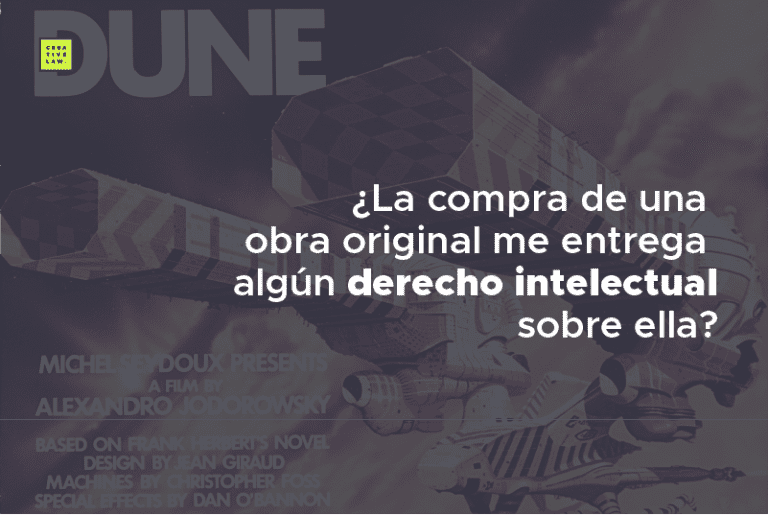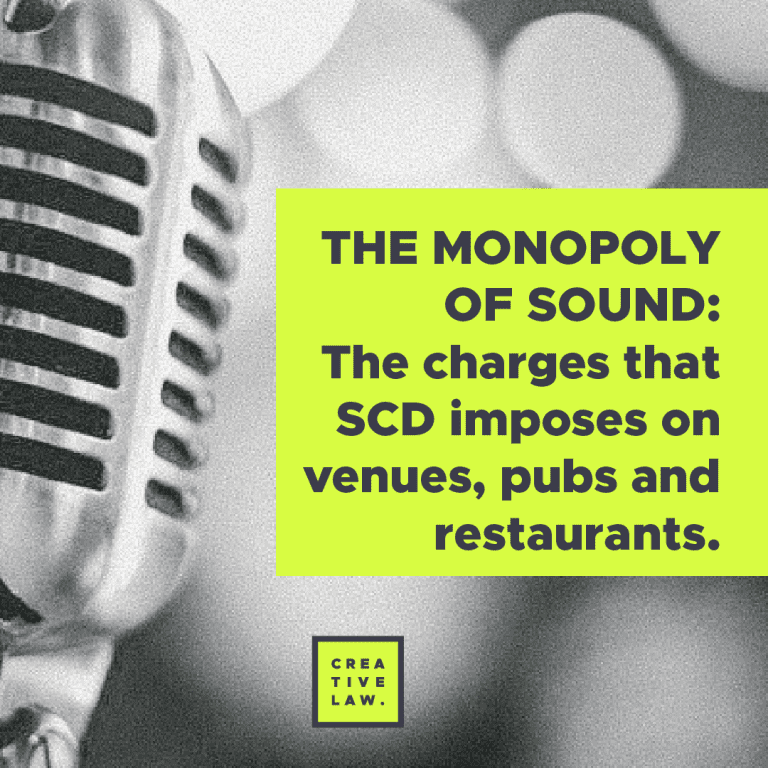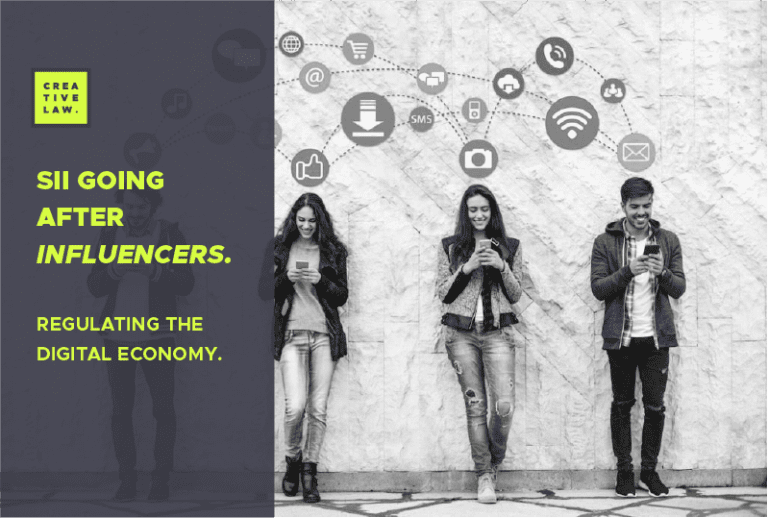Valorant is the new FPS by Riot (League of Legends). Starting may 2020, players from LAS (Latin America) will be able to have access to its Beta. This phase will last until its launch date, sometime during the North American summer.
It is widely known that Valorant is an FPS that offers mixed elements from any traditional shooter (like CS:GO), but with new skills and characters (like Overwatch). However, this comparison is unfair. Valorant is an entirely new game in its own right. It does have similitudes with the above-mentioned games, but the game rhythm, its unique characters, balanced abilities and a great anti-cheat system, make Valorant have a sense of discovery and spectacular innovation, giving new life to the entire FPS genre.
Nonetheless, there is a problem that does afflict Valorant and that Riot is trying to mitigate as soon as possible: Toxicity in its player community. One of the most important ingredients for an online multiplayer game to be successful in the long term is that your community is “healthy”, this translates to a bullying free environment.
Not every player interacts with the game at the same level or plays it competitively, this marks a differentiation factor with players that do play the game at its highest level of commitment, which means that any mistake or misplay done by a player, is sure to be accompanied with a barrage of insults denigrating his quality of play. Which is why, Valorant’s executive producer, Anna Donlon said that Riot is working on some anti-toxicity tools never seen before in the gaming industry. She revealed that their top priority in the long term with the game is to achieve this system of tools (innovation) that allow a toxic free environment without affecting its gameplay or communication between players.




